Established in 1946 to provide a comprehensive test and evaluation site for tactical missiles, Point Mugu has been instrumental in the development, test, evaluation and in-service support of systems including Regulus, Sparrow, Phoenix, Bullpup, Harpoon, SLAM, Tomahawk, Standard, and Rolling Airframe Missile. The first missile launch from an operational submarine was also accomplished at Pt. Mugu.
1946


A major advance in the history of computing occurred at the University of Pennsylvania in 1946 when engineers put the Electronic Numerical Integrator and Computer (ENIAC) into operation. Designed and constructed at the Moore School of Electrical Engineering under a U. S. Army contract during World War II, the ENIAC established the practicality of large scale, electronic digital computers and strongly influenced the development of the modern, stored-program, general-purpose computer.
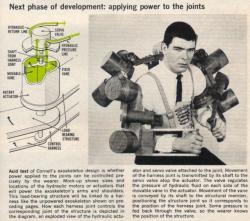
Tracing its history to the earliest days of powered flight – to the Wright brothers and Glenn Curtiss – the site began as the research laboratory of the Curtiss-Wright Aircraft Company. After World War II, it was donated to Cornell University, and in January 1946 opened its doors as the Cornell Aeronautical Laboratory. Nearly every military aircraft and space vehicle developed in the United States from the end of World War II until the present day has been tested at the facility, now known as Calspan.
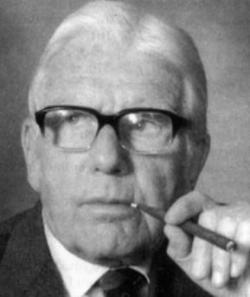
The Polymer Research Institute was established in 1946 by Herman F. Mark, a pioneer in the study of giant molecules. The Institute brought together a number of polymer researchers to create the first academic facility in the United States devoted to the study and teaching of polymer science. Scientists associated with it later went on to establish polymer programs at other universities and institutions, contributing significantly to the development and growth of what has become a vital branch of chemistry, engineering, and materials science.
Innovations
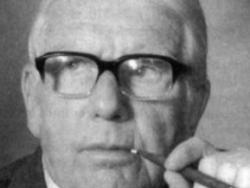
The Polymer Research Institute was established in 1946 by Herman F. Mark, a pioneer in the study of giant molecules. The Institute brought together a number of polymer researchers to create the first academic facility in the United States devoted to the study and teaching of polymer science.…
Read More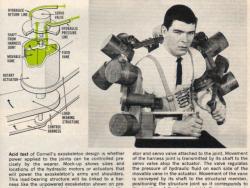
Tracing its history to the earliest days of powered flight – to the Wright brothers and Glenn Curtiss – the site began as the research laboratory of the Curtiss-Wright Aircraft Company. After World War II, it was donated to Cornell University, and in January 1946 opened its doors as the Cornell…
Read More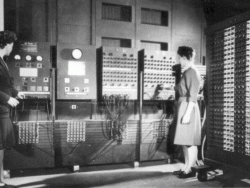
A major advance in the history of computing occurred at the University of Pennsylvania in 1946 when engineers put the Electronic Numerical Integrator and Computer (ENIAC) into operation. Designed and constructed at the Moore School of Electrical Engineering under a U. S. Army contract during…
Read More
Established in 1946 to provide a comprehensive test and evaluation site for tactical missiles, Point Mugu has been instrumental in the development, test, evaluation and in-service support of systems including Regulus, Sparrow, Phoenix, Bullpup, Harpoon, SLAM, Tomahawk, Standard, and Rolling…
Read More

